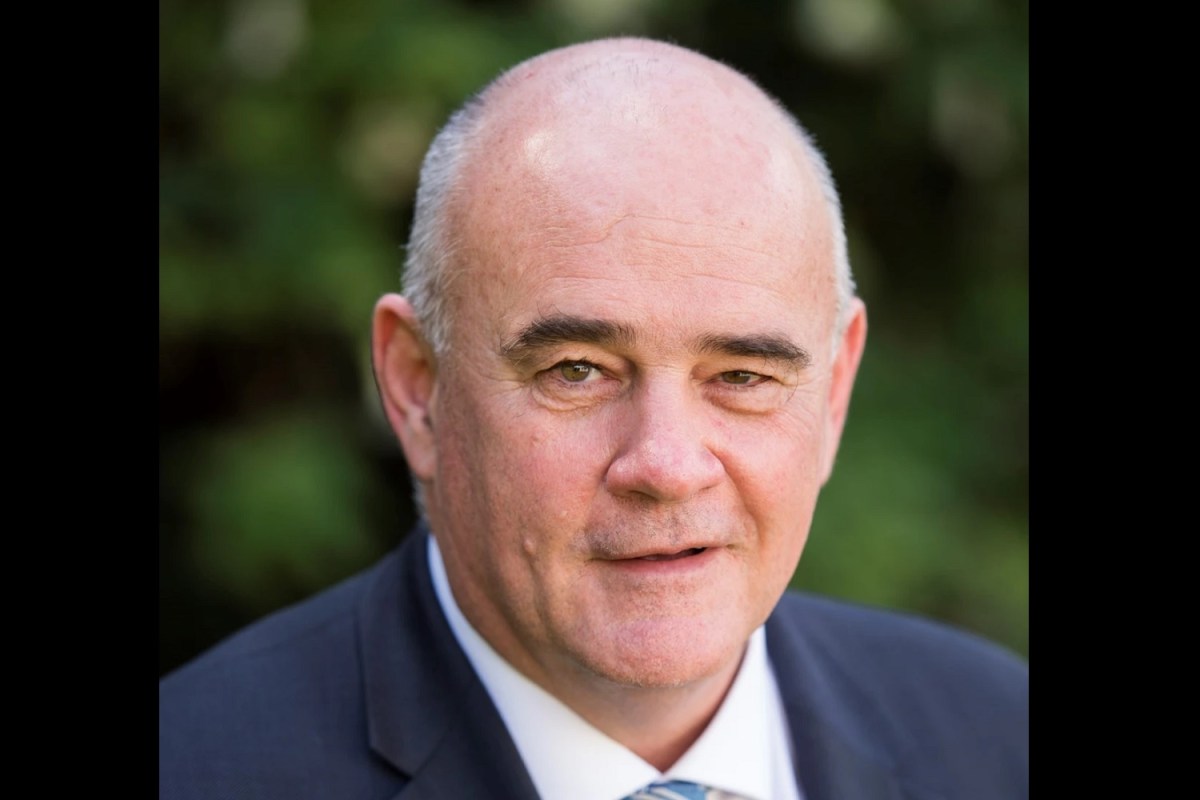By Stephen Ferguson, Australian Hotels Association CEO
Everyone will be aware the Albanese Government held its long awaited Jobs and Skills Summit at Parliament House in Canberra last week.
It was a true honour to be there to represent hospitality as one of 52 business and industry group representatives (the remainder of the 143 delegates were drawn from trade unions, all three tiers of Government and various community groups).
And it could not have come at a more important time for our embattled sector as we face chronic staff shortages, visa backlogs for skilled workers and the hangover of the COVID pandemic.
Walking into Parliament, seeing big business leaders happily chatting with union delegates before the summit started was a sight for many unthinkable a few months ago. An immediate lift.
It was an early win for the Government – it succeeded in bringing together disparate groups who definitely do not usually see eye to eye, or even communicate at all except before the Fair Work Commission or over a picket line.
The two-day summit followed more than 100 roundtables across Australia and across different portfolios in recent weeks – with our sister organisations, Tourism Accommodation Australia and its CEO Michael Johnson and the Accommodation Association and its CEO Richard Munro, prominent at the tourism roundtable for example.
It was a heavy responsibility being the sole representative for nearly 100,000 businesses in the hospitality, accommodation and food service sector and, I think, indicative of the respect in which the AHA is held across all sides of politics and after working with unions on practical measures to help workers and business during the height of COVID.
We had also prepared a detailed 35-page submission with supporting practical economic evidence from EY which really told of the impact on our sector. The figures speak for themselves – hospitality short 102,000 workers – more than 23,000 baristas, 13,000 bartenders almost 12,000 chefs, 7,000 plus housekeepers and 11,700 kitchenhands needed. And needed now. Not yesterday. Not last week. Now.
I’m pleased to say there was strong recognition across the summit regarding the worker shortages – and it was something I pushed hard on from the start.
As much as there is an understanding skilled and unskilled migration are necessary to plug gaps, there was also a strong theme other domestic worker markets could be better developed, e.g. mature aged workers and females returning to work.
It was good to see the Government announce an initiative to enable more age pensioners to get back into the workforce. Age pensioners will receive a one-off credit of an additional $4,000 over this financial year without losing any of their pension.
This is a good start, but more can be done and we believe the mature age market is an untapped local resource not reliant on migration. It’s here now and can start work tomorrow.
In regards to the current vexed visa processing backlog, it was good to see the Government allocate $36.1m and an additional 500 staff to process the backlog of more than 900,000 visas – a problem they have largely inherited.
The AHA, TAA and AAoA had previously met with Immigration Minister Hon Andrew Giles MP on this matter. Minister Giles promised to do more and he has delivered.
As mentioned above, skilled migration was a big topic at the summit.
We had long been pushing for an increase to the migration cap, which pleasingly was increased by another 30,000.
Unfortunately, despite our calls to reduce labour market testing and skills assessments, these tests are likely here to stay.
The Government has also announced it will be completely reviewing the migration system and will be appointing three eminent Australians to conduct the review. The review will look at the current complex visa system including 70 different visa types, labour market testing, skills assessments and the TSMIT.
The TSMIT was amended ten years ago and set at $53,900, but it was not indexed. The Government has a strong view it needs to be increased, likely at least to the tune of CPI over the last ten years.
In other matters impacting hospitality at the summit, the Government announced it was reviewing the workplace bargaining system and intended to introduce multi-employer and sector wide bargaining. This is a critical watching brief for our sector – and make no mistake we will be watching closely.
At the end of the summit, it was good to see Federal Treasurer Jim Chalmers announce 36 immediate initiatives the Government would act immediately on; plus, about another 36 initiatives the Government will do further work on.
I congratulate Prime Minister Albanese and Treasurer Chalmers for their initiative.
The Summit brought people together in the one room who would not normally ever see each other, a range of views were canvassed, some important decisions were actually made but now is the time for action to alleviate this worker shortage that is crippling recovery across our great hospitality sector.
Let’s work together, Government, business and unions to make it happen.

